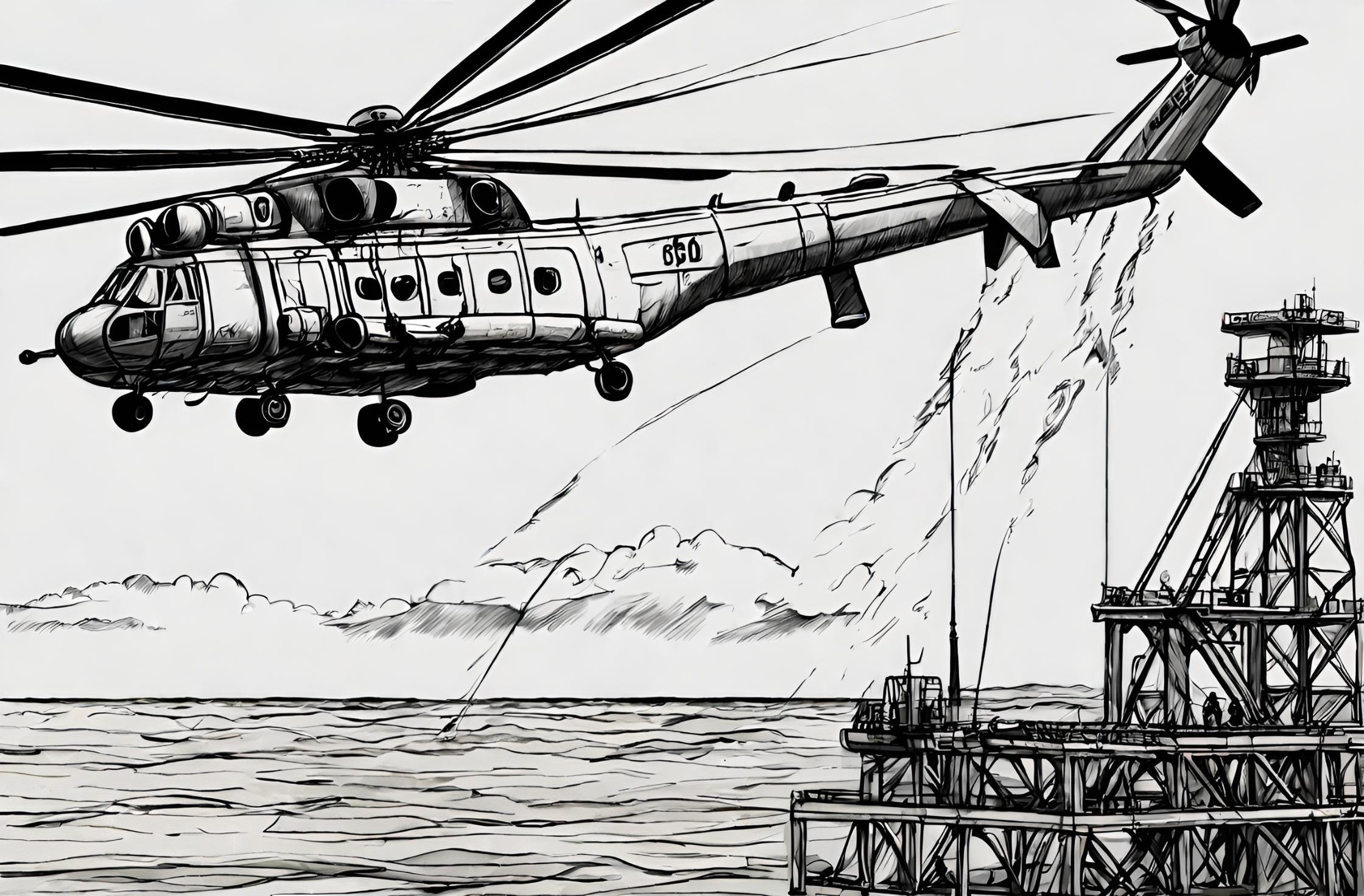Flashback to April 28
World History

On April 28, 1997, a significant event took place in the world of international diplomacy and disarmament – the Chemical Weapons Convention (CWC) went into effect. This landmark treaty aimed to rid the world of chemical weapons and to prevent their proliferation. While many nations had ratified the treaty and pledged their commitment to its principles, some notable nations, including Russia, Iraq, and North Korea, had not yet ratified the agreement.
The CWC was drafted in 1993 and is considered one of the most comprehensive disarmament treaties ever created. Its main objective was to eliminate all chemical weapons and ensure their non-proliferation. The treaty prohibits the development, production, acquisition, stockpiling, and use of chemical weapons. It also requires the destruction of existing stockpiles and the verification of compliance through an international verification regime.
The CWC entered into force on April 29, 1997, after gaining the required number of ratifications from participating nations. At that time, 87 countries had ratified the treaty. However, there were some notable nations that had not yet ratified the CWC, including Russia, Iraq, and North Korea. Their non-participation raised concerns and drew attention from the international community.
Russia, as one of the world’s major military powers, attracted particular attention for not ratifying the CWC. With its significant chemical weapon stockpiles, Russia’s delay in joining the treaty raised questions about its commitment to disarmament efforts. However, it is important to note that Russia did eventually ratify the CWC on November 5, 1997, less than a year after it entered into force.
Iraq, on the other hand, was in a different state of affairs at the time. The country had been subject to various international sanctions following its aggressive actions during the Gulf War in 1990-1991, and it had a history of using chemical weapons. Although Iraq initially signed the CWC in 1993, it did not complete the ratification process until June 13, 2000. Until then, it remained outside the reach of the treaty’s obligations.
North Korea, another nation of concern, had not yet taken any steps towards joining the CWC by the time it went into effect. The secretive regime’s reluctance to participate in international disarmament treaties and its suspected chemical weapons capabilities further heightened tensions on the Korean Peninsula.
The fact that some influential countries like Russia and nations of significant concern like Iraq and North Korea had not ratified the CWC raised concerns about the effectiveness of the treaty. It highlighted the challenges associated with global disarmament efforts and the need for continued diplomatic pressure to encourage all nations to commit fully to the goals of the CWC.
Despite these concerns, the CWC has achieved many significant milestones since its adoption. It has played a crucial role in reducing global chemical weapon stockpiles and establishing norms against their use. The treaty’s verification regime, implemented by the Organization for the Prohibition of Chemical Weapons (OPCW), has been successful in monitoring compliance and investigating alleged violations.
Over the years, the international community has continued its efforts to encourage all nations to ratify and fully implement the CWC. By making progress towards universal adherence, the ultimate goal of a world free from chemical weapons becomes more attainable. While the non-ratification of certain nations may have initially raised doubts, it is essential to recognize the broader successes and advancements made in the realm of disarmament since the CWC’s entry into force in 1997.
the Chemical Weapons Convention going into effect on April 28, 1997, marked a crucial milestone in the global disarmament efforts against chemical weapons. While notable nations like Russia, Iraq, and North Korea initially had not ratified the treaty, their eventual participation or lack thereof highlighted the complexities of disarmament and the need for continued international dialogue and pressure towards the goals of the CWC. As the world moves forward, the commitment to eliminating chemical weapons remains a crucial objective for global security and peace.
We strive for accuracy. If you see something that doesn't look right, click here to contact us!
Sponsored Content

A Ukrainian Mi-8 helicopter…
On April 28, 2008,…

31 English ship sail…
On April 28, 1804,…

Netherlands and Great Britain…
On April 28, 1925,…

Treaty of Worms: Emperor…
On 4/28/1521, Emperor Charles…

Benito Mussolini and his…
Benito Mussolini and Clara…

The 1993 Chemical Weapons…
On April 28, 1997,…

